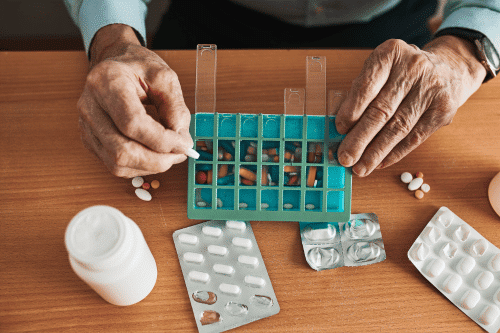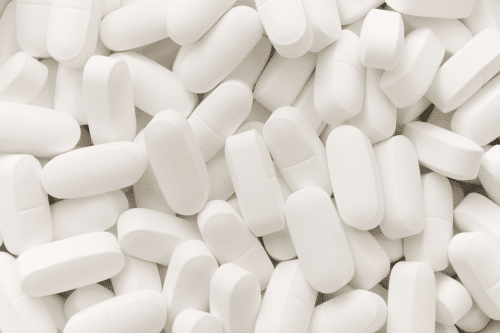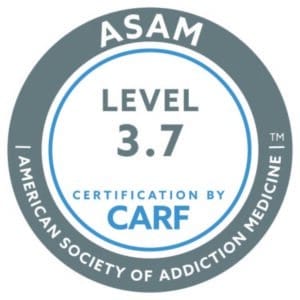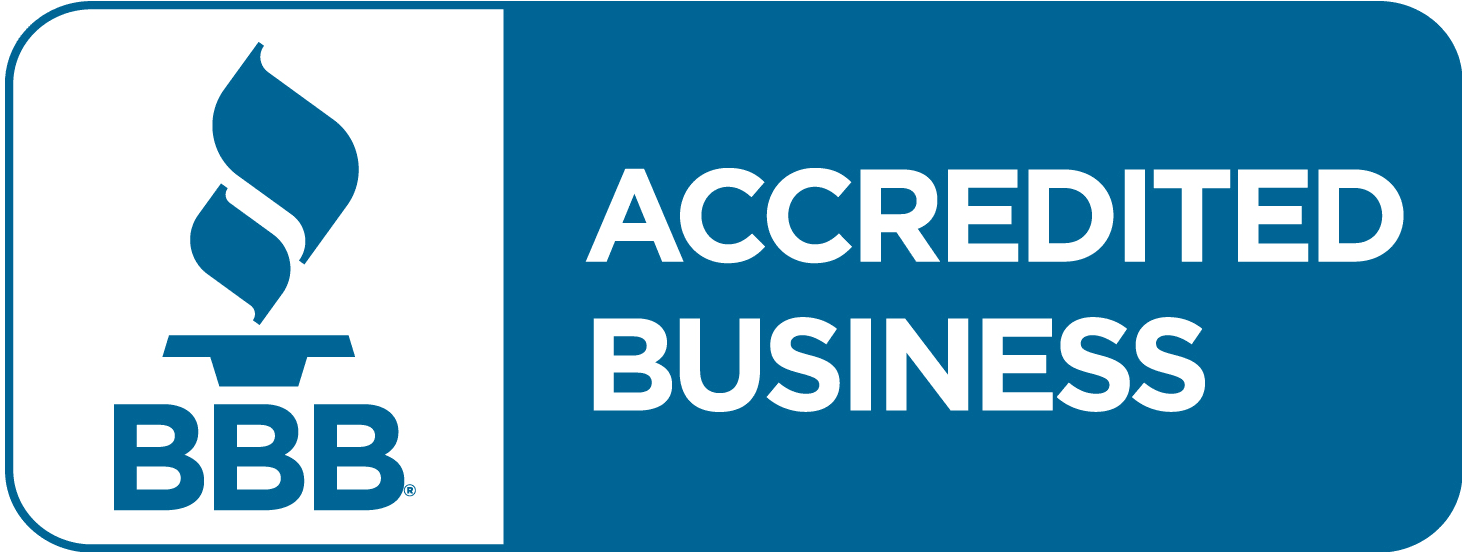L484 Pill: Understanding Its Uses, Risks, and Safe Practices
What Is the L484 Pill?
The L484 pill is an over-the-counter medication containing acetaminophen, a common ingredient used for pain relief and fever reduction. This counter pain reliever is widely available in drug stores, grocery stores, and online retailers. It is often used to manage moderate pain from conditions such as dental pain, menstrual cramps, arthritic pain, and flu symptoms.
Composition and Identification
Active Ingredient and Inactive Ingredients
The active ingredient in the L484 pill is acetaminophen 500 mg, which belongs to a class of antipyretic medications with minimal anti-inflammatory effects.
Physical Characteristics of L484
- Color: White
- Shape: Oblong pill, sometimes described as a white, oval-shaped tablet
- Pill Imprint: “L484”
The inactive ingredients may include corn starch, polyethylene glycol, sodium starch, and pregelatinized starch. Always check the product label for a full list of ingredients to avoid allergic reactions or adverse effects.
Uses of L484
The L484 pill is a widely used effective medication for:
- Pain relief: Used for dental pain relief, menstrual cramps, body aches, and everyday discomforts.
- Fever relief: Helps regulate body temperature and relieve fever symptoms.
- Cold medicine: Found in flu medications to alleviate cold symptoms such as body aches, elevated body temperature, and common cold discomfort.
Dosage and Administration

Recommended Dosage Guidelines
- Dose for adults: 500-1000 mg every 4 to 6 hours.
- Daily dose: Should not exceed 4,000 mg in 24 hours.
Dosing Instructions
- Take the correct dosage with water.
- Follow the administration instructions on the medication labels.
- Available in different forms such as chewable tablets, effervescent tablets, and acetaminophen suppositories.
Pediatric Dosage Guidelines
- Always consult a healthcare provider before giving acetaminophen-containing medications to children.
- Refer to the National Library of Medicine for detailed dosage instructions.
Potential Side Effects
Common Side Effects
- Mild stomach pain
- Loss of appetite
- Gastrointestinal issues
- Skin reactions
Severe Side Effects
- Severe stomach pain and abdominal pain
- Dark urine (a sign of severe liver damage)
- Severe skin reactions
- Allergic response
If you experience side effects, seek medical assistance immediately.
Risks Associated with L484

Overdose and Liver Damage
Taking excessive doses can lead to acetaminophen overdose, resulting in acute liver failure and chronic liver damage. Symptoms of overdose include:
- Jaundice
- Severe abdominal pain
- Mental confusion
Potential Drug Interactions
- Blood thinners (e.g., warfarin) can increase the risk of blood clots.
- Alcohol use disorder and excessive alcohol consumption raise the risk of liver toxicity.
- Flu remedies and counter cold medications may contain additional acetaminophen, increasing the risk of overdose.
Safe Use Practices
Proper Storage Methods
- Store in its original packaging, away from direct sunlight and moisture.
- Keep out of reach of children to prevent accidental ingestion.
Disposal of Medications
- Participate in a drug take-back program.
- If unavailable, follow proper disposal of acetaminophen guidelines.
Role of Acetaminophen in Pain Management
Acetaminophen acts by blocking pain signals in the spinal cord, offering effective relief for moderate pain. However, it lacks anti-inflammatory properties, unlike nonsteroidal anti-inflammatory drugs (NSAIDs).
For long-term pain management, consult a healthcare professional to explore alternative pain relief options.
Seeking Help for Misuse and Addiction
Signs of Misuse or Dependency
Misuse of the L484 pill can develop into a dependency on pain relievers, especially for individuals who self-medicate pain without medical guidance. Signs of misuse include:
- Taking higher doses of acetaminophen than recommended.
- Using L484 or other counter painkillers for reasons other than pain relief.
- Experiencing withdrawal symptoms when reducing or stopping use.
- Ignoring potential risks like liver damage and health complications.
Opus Treatment: A Trusted Resource for Recovery
For individuals struggling with prescription drug abuse, Opus Treatment offers specialized care for those dealing with substance abuse challenges. Their programs focus on long-term recovery, helping individuals overcome dependency on acetaminophen-containing medications and other addictive substances.
At Opus Treatment, patients receive:
- Comprehensive addiction treatment that addresses both physical dependency and mental health issues.
- Medication-assisted treatment (MAT) to manage withdrawal symptoms safely under medical supervision.
- Individual and group therapy to address co-occurring mental health issues and the psychological aspects of addiction.
- Personalized treatment plans to fit each person’s needs, whether they require detox, inpatient rehab, or outpatient care.
- Educational support to help individuals understand the risks of acetaminophen misuse, including its effects on the liver, kidneys, and overall health.
Why Choose Opus Treatment?
Opus Treatment provides evidence-based care in a supportive environment, helping people in recovery build healthier habits. Their programs focus on:
- Breaking the cycle of addiction by offering safe withdrawal management and ongoing care.
- Teaching alternative pain relief options to reduce reliance on counter painkillers and prescription medications.
- Addressing mental health challenges that contribute to substance abuse through talk therapy and complementary therapies.
- Providing support beyond rehab to prevent relapse and ensure a successful recovery journey.
If you or a loved one is struggling with prescription drug addiction, reach out to Opus Treatment for medical treatment, addiction recovery support, and long-term care solutions. Taking the first step toward recovery can restore health and improve quality of life.
Conclusion: Importance of Understanding L484
The L484 pill is an effective treatment for pain relief and fever reduction, but improper use can lead to health risks such as liver failure, kidney damage, and accidental overdose. Always follow dosage guidelines, check for potential interactions, and seek medical treatment if needed. If you or a loved one struggles with addiction to prescription drugs, reach out for addiction treatment to begin the journey to recovery.
Frequently Asked Question's
The L484 pill is an over-the-counter pain reliever containing acetaminophen, commonly used for pain relief and fever reduction. It helps alleviate moderate pain from conditions such as headaches, menstrual cramps, dental pain, body aches, and flu symptoms. This fever reducer is also included in many flu medications and cold remedies. However, individuals with liver disease or those taking blood-thinning medications should consult a healthcare provider before use to avoid potential drug interactions.
Taking excessive doses of acetaminophen can lead to severe liver damage, acute liver failure, and other serious health complications. Symptoms of overdose include nausea, vomiting, severe stomach pain, dark urine, and yellowing of the skin (jaundice). Individuals who self-medicate pain without following correct dosage instructions are at a higher risk of accidental overdose. If you suspect an overdose, seek emergency medical attention immediately, as untreated acetaminophen toxicity can be fatal.
Yes, the L484 pill can have potential interactions with various prescription medications, herbal products, and counter drugs. It is essential to be cautious when taking it alongside:
- Blood thinners (e.g., warfarin) due to the increased risk of blood clots and excessive bleeding.
- Alcohol since excessive alcohol consumption heightens the risk of liver toxicity.
- Other acetaminophen-containing medications found in cold medicine and flu remedies, which may increase the risk of unintentional overdose.
To avoid harmful side effects, always check the product packaging and consult a healthcare professional before combining medications.
To prevent accidental ingestion, misuse, or environmental contamination, it is essential to dispose of acetaminophen-containing medications properly. The best way to discard unused pills is through a drug take-back program at a local pharmacy or authorized collection site. If no take-back programs are available, mix the medication with an undesirable substance (such as coffee grounds or cat litter) and place it in a sealed bag before disposing of it in household trash. Never flush medications down the toilet, as this can harm the water supply. Always keep the pills in their original packaging until disposal to prevent accidental misuse.












